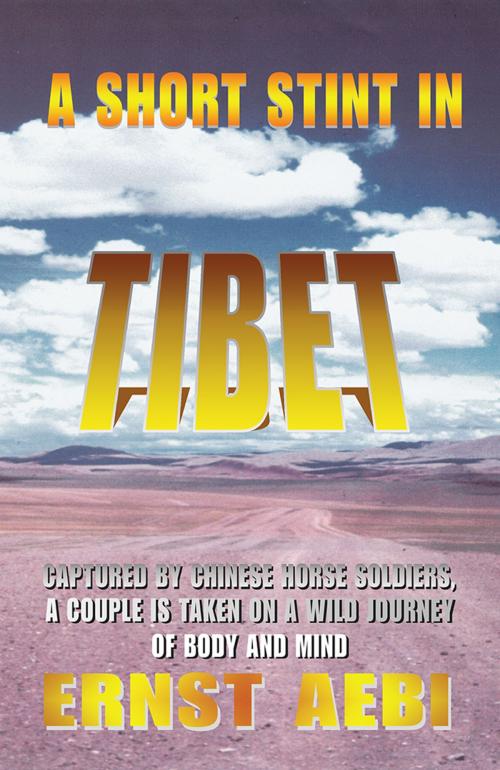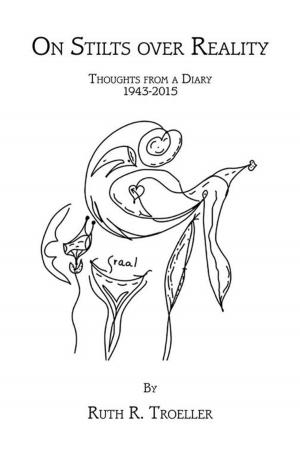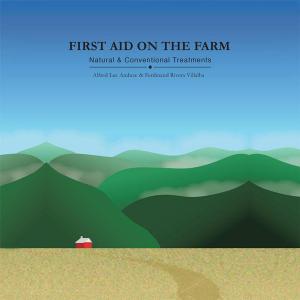A Short Stint in Tibet
Captured by Chinese Horse Soldiers, a Couple Is Taken on a Wild Journey of Body and Mind
Nonfiction, Travel, Asia, China, Adventure & Literary Travel| Author: | Ernst Aebi | ISBN: | 9780595794539 |
| Publisher: | iUniverse | Publication: | July 29, 2005 |
| Imprint: | iUniverse | Language: | English |
| Author: | Ernst Aebi |
| ISBN: | 9780595794539 |
| Publisher: | iUniverse |
| Publication: | July 29, 2005 |
| Imprint: | iUniverse |
| Language: | English |
Seeking adventure, a couple, Ernst and Emilie, embark on a trek across the Himalayas, from Nepal into western Tibet. After a clandestine mountain crossing at the source of the Brahmaputra River, the two lost explorers find themselves destitute with no map and meager supplies. Suddenly, they are captured by a bedraggled patrol of outcasts from the Chinese Army. Their trip turns into a wild odyssey as they become "prisoners" of this ragtag group of wacky characters.
Dripping wet and shivering, we found refuge in a shack adjoining the collection of drowning huts from which we had escaped. It turned out to be the Tibetan version of an inn, a dank room with a dirt floor, one shaky iron table and two crude benches. Rain drummed on the corrugated tin ceiling and pissed through holes which made us, as soon as we sat down, keep shifting our bench to evade the worst waterfalls and the largest puddles.
The tottering keeper, a clearly inebriated old man pointed in our Tibetan phrase book at "no food" and at "no drink".
"Nga amerika nay yin", Emilie said. The Tibetan phrase book promised it meant: "We are Americans."
To judge from his reaction, it might as well have meant: "We found your son to be the reincarnation of the Dalai Lama."
Seeking adventure, a couple, Ernst and Emilie, embark on a trek across the Himalayas, from Nepal into western Tibet. After a clandestine mountain crossing at the source of the Brahmaputra River, the two lost explorers find themselves destitute with no map and meager supplies. Suddenly, they are captured by a bedraggled patrol of outcasts from the Chinese Army. Their trip turns into a wild odyssey as they become "prisoners" of this ragtag group of wacky characters.
Dripping wet and shivering, we found refuge in a shack adjoining the collection of drowning huts from which we had escaped. It turned out to be the Tibetan version of an inn, a dank room with a dirt floor, one shaky iron table and two crude benches. Rain drummed on the corrugated tin ceiling and pissed through holes which made us, as soon as we sat down, keep shifting our bench to evade the worst waterfalls and the largest puddles.
The tottering keeper, a clearly inebriated old man pointed in our Tibetan phrase book at "no food" and at "no drink".
"Nga amerika nay yin", Emilie said. The Tibetan phrase book promised it meant: "We are Americans."
To judge from his reaction, it might as well have meant: "We found your son to be the reincarnation of the Dalai Lama."















